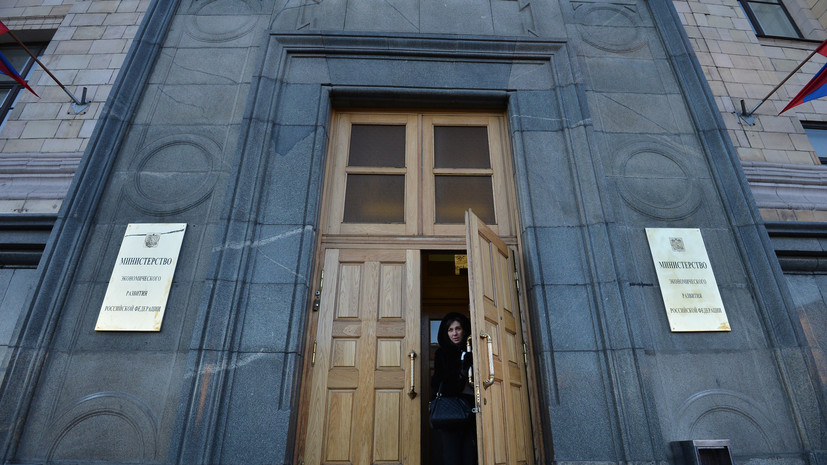- Maxim Gennadievich, at the forum in Kazan, the ministry actively participates in sessions dedicated to expanding cooperation with the countries of the Islamic world. With which states is the possibility of concluding an agreement on a free trade zone within the framework of the EAEU currently being discussed?
- It is worth noting that we already have an interim FTA agreement with Iran, and, we hope, in the near future it will be transformed into a permanent free trade zone, so full-fledged. This means that it will cover 90% of our trade. We are moving towards this.
At the same time, we are negotiating with the United Arab Emirates, and the task is to conclude an agreement on a free trade zone for goods by the end of this year. There is also a discussion with Indonesia. These are the main areas where we are currently negotiating. Of course, we are open to dialogue with other countries as well, and we encourage them to do so.
— In 2022, many international companies began to massively announce their withdrawal from Russia. How did this affect the economy and who now occupies the vacant places of the departed brands?
- Probably, what first of all caught everyone's eye was the departure of well-known brands of clothing, shoes, that is, retailers. This niche is being actively filled by our partners, including those from the Arab states, as well as new brands from Eurasian countries. And these are really their own brands.
Many of them have learned how to produce a good quality product on the orders of well-known companies, and, having developed all this practice, they took advantage of the release of our market and now offer good products, but under their own brands. That is, the process of transformation is underway.
- Maxim Reshetnikov on the arrival of new foreign brands in Russia
It is clear that investments in marketing, advertising and promotion are still needed, and this takes time. Nevertheless, if at first competition in our market decreased, now it will be restored. We welcome this in every possible way, because it is the choice of consumers, and the higher the competition, the greater the supply and the smaller the price increase. That is, it is also such an important anti-inflationary factor.
Our task is to certify these products in time, simplify their import as much as possible and develop logistics. All this is part of our reorientation strategy, which the government launched a year ago on behalf of the president, and now it is yielding certain results.
- How has cooperation with Arab countries changed in this sense?
- Well, our trade with the Middle East has grown by one and a half times, as well as with a number of other partner states. We will not name any of them, so as not to substitute them, because we understand the pressure they are under.
At the same time, it should be understood that those countries that are increasing trade with Russia now are acting primarily in their own interests, creating jobs, taxes and engaging in their economic development. It's just that interaction with Russia for many now is a very effective way to solve a number of their economic problems.
On the one hand, of course, many of our partners are cautious. On the other hand, they show consistency and will in protecting national interests, as they understand that the economic future together with Russia is more promising.
- Recently, the ministry improved its forecast for the Russian economy and now expects GDP to increase by 1.2% by the end of 2023 instead of a reduction of 0.8%. What is the reason for this revaluation?
- This improvement is due to several factors. First, we see an increase in domestic demand caused by an increase in real incomes of the population.
On the one hand, wages have now begun to grow, the state is actively indexing social benefits, and entrepreneurs' incomes are also recovering. On the other hand, people, having gradually restored their savings, begin to spend more. That is, the consumer model of behavior is returning, which leads to an increase in domestic demand.
Both industry and the service sector, as well as trade, construction and transport, are beginning to react to this. As a result, today we are witnessing an increase in production in many areas and an intensification of import substitution.
Secondly, our exporters are adapting to the new conditions. As supply chains normalize, non-resource non-energy exports are also recovering. In addition, the investment figures last year turned out to be quite strong, and we expect them to remain in the positive zone in 2023. All this gave us the opportunity to improve our grades.
- Maxim Reshetnikov on improving the forecast for the Russian economy
Nevertheless, the forecast will not fulfill itself. Therefore, any improvement directly depends on the efforts that we are making. The Government, together with the Bank of Russia, on behalf of the President, is putting a lot of effort into restoring trade, restructuring transport chains and logistics, as well as normalizing the situation with financial settlements. That is, a lot of work is underway.
Of course, the main burden now lies on the shoulders of business. It is entrepreneurs who ensure economic growth, and these figures largely depend on their moods, perseverance, strength, faith in themselves and our country. The fact that the numbers are improving is a great merit of our companies, which really now have to work in very difficult conditions. I would like to wish all of them perseverance and faith.
— Should we expect that the final economic growth by the end of 2023 may turn out to be even higher than the current forecast?
- We are doing everything that is required for this.

